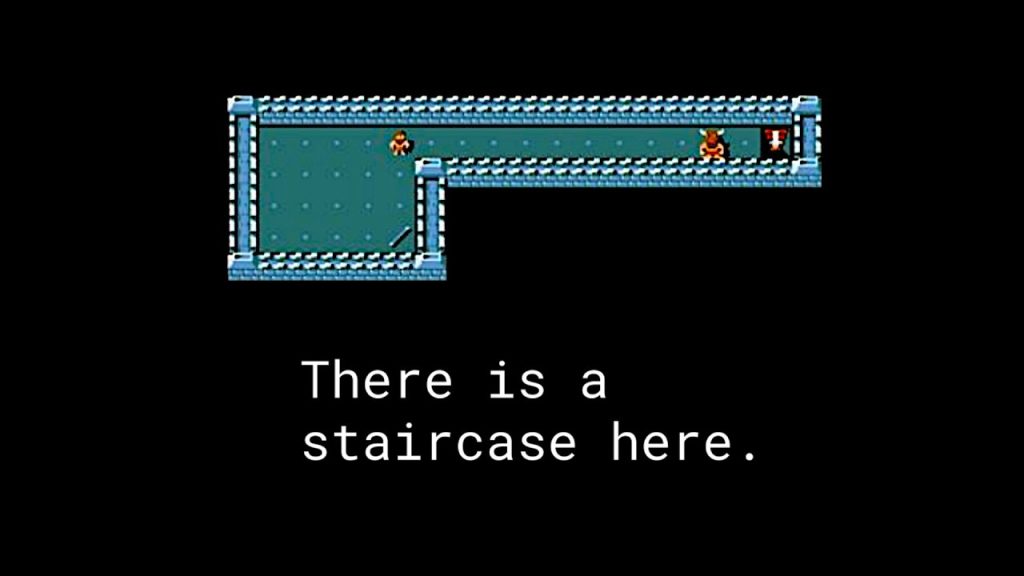#reinforcementlearning #ai #explained
Exploration is one of the oldest challenges for Reinforcement Learning algorithms, with no clear solution to date. Especially in environments with sparse rewards, agents face significant challenges in deciding which parts of the environment to explore further. Providing intrinsic motivation in form of a pseudo-reward is sometimes used to overcome this challenge, but often relies on hand-crafted heuristics, and can lead to deceptive dead-ends. This paper proposes to use language descriptions of encountered states as a method of assessing novelty. In two procedurally generated environments, they demonstrate the usefulness of language, which is in itself highly concise and abstractive, which lends itself well for this task.
OUTLINE:
0:00 – Intro
1:10 – Paper Overview: Language for exploration
5:40 – The MiniGrid & MiniHack environments
7:00 – Annotating states with language
9:05 – Baseline algorithm: AMIGo
12:20 – Adding language to AMIGo
22:55 – Baseline algorithm: NovelD and Random Network Distillation
29:45 – Adding language to NovelD
31:50 – Aren’t we just using extra data?
34:55 – Investigating the experimental results
40:45 – Final comments
Paper:
Abstract:
Reinforcement learning (RL) agents are particularly hard to train when rewards are sparse. One common solution is to use intrinsic rewards to encourage agents to explore their environment. However, recent intrinsic exploration methods often use state-based novelty measures which reward low-level exploration and may not scale to domains requiring more abstract skills. Instead, we explore natural language as a general medium for highlighting relevant abstractions in an environment. Unlike previous work, we evaluate whether language can improve over existing exploration methods by directly extending (and comparing to) competitive intrinsic exploration baselines: AMIGo (Campero et al., 2021) and NovelD (Zhang et al., 2021). These language-based variants outperform their non-linguistic forms by 45-85% across 13 challenging tasks from the MiniGrid and MiniHack environment suites.
Authors: Jesse Mu, Victor Zhong, Roberta Raileanu, Minqi Jiang, Noah Goodman, Tim Rocktäschel, Edward Grefenstette
Links:
TabNine Code Completion (Referral):
YouTube:
Twitter:
Discord:
BitChute:
LinkedIn:
BiliBili:
If you want to support me, the best thing to do is to share out the content 🙂
If you want to support me financially (completely optional and voluntary, but a lot of people have asked for this):
SubscribeStar:
Patreon:
Bitcoin (BTC): bc1q49lsw3q325tr58ygf8sudx2dqfguclvngvy2cq
Ethereum (ETH): 0x7ad3513E3B8f66799f507Aa7874b1B0eBC7F85e2
Litecoin (LTC): LQW2TRyKYetVC8WjFkhpPhtpbDM4Vw7r9m
Monero (XMR): 4ACL8AGrEo5hAir8A9CeVrW8pEauWvnp1WnSDZxW7tziCDLhZAGsgzhRQABDnFy8yuM9fWJDviJPHKRjV4FWt19CJZN9D4n
source

